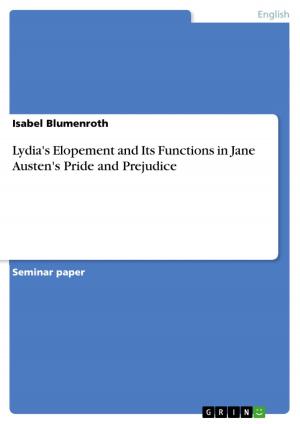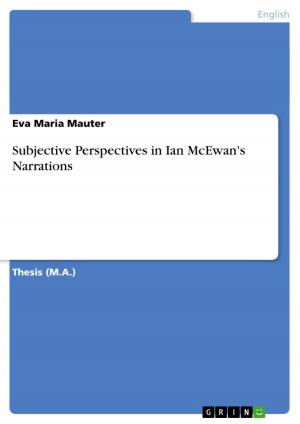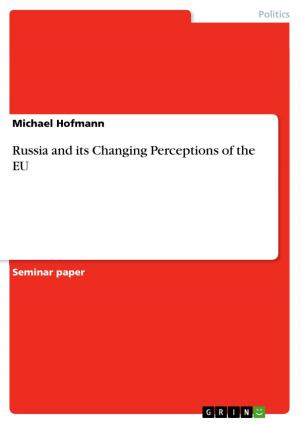Can a directly elected European Parliament abolish the democratic deficit of the European Union?
Nonfiction, Social & Cultural Studies, Political Science| Author: | Nina Eder-Haslehner | ISBN: | 9783640823680 |
| Publisher: | GRIN Publishing | Publication: | February 9, 2011 |
| Imprint: | GRIN Publishing | Language: | English |
| Author: | Nina Eder-Haslehner |
| ISBN: | 9783640823680 |
| Publisher: | GRIN Publishing |
| Publication: | February 9, 2011 |
| Imprint: | GRIN Publishing |
| Language: | English |
Seminar paper from the year 2010 in the subject Politics - International Politics - Topic: European Union, grade: 1,0, University of Innsbruck (Politikwissenschaften), course: Europäische Integration - Vertiefung: Das europäische Parlament zwischen Stigmatisierung und Machtgewinn, language: English, abstract: 'As politicians we have to react to the fact that many people do not feel that they can relate to the EU.' Angela Merkel For 52 per cent of Germany's population a strong, democratic co-termination is the most crucial element of a European identity (Aktion Europa) but when we observe the European Union or more specifically the European parliament, the question occurs if the EU is suffering from a democratic deficit and if the directly elected Parliament is able to abolish this deficit. The aim of the essay is to discuss that question.
Seminar paper from the year 2010 in the subject Politics - International Politics - Topic: European Union, grade: 1,0, University of Innsbruck (Politikwissenschaften), course: Europäische Integration - Vertiefung: Das europäische Parlament zwischen Stigmatisierung und Machtgewinn, language: English, abstract: 'As politicians we have to react to the fact that many people do not feel that they can relate to the EU.' Angela Merkel For 52 per cent of Germany's population a strong, democratic co-termination is the most crucial element of a European identity (Aktion Europa) but when we observe the European Union or more specifically the European parliament, the question occurs if the EU is suffering from a democratic deficit and if the directly elected Parliament is able to abolish this deficit. The aim of the essay is to discuss that question.















